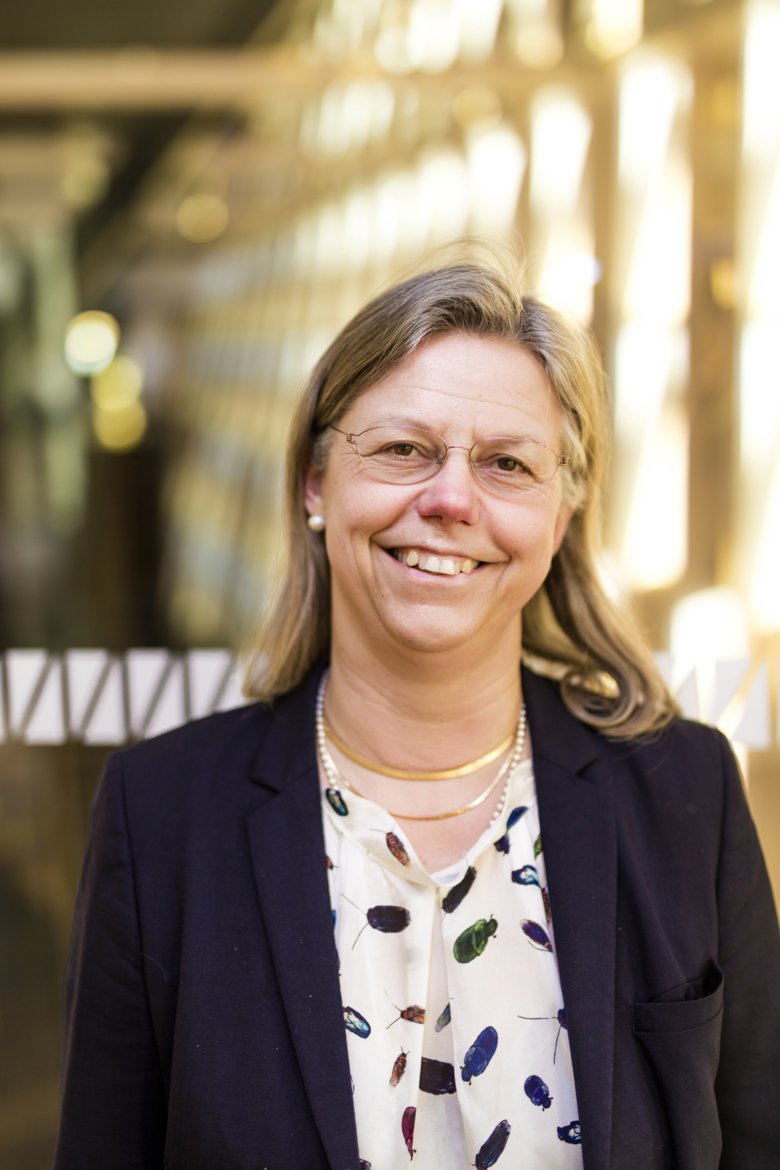New career path created for research infrastructure specialists

Modern research often uses high-tech methods and tools that require particular expertise. Despite this, there has been no career paths in Sweden for individuals interested in the technical and methodological development needed to operate and develop the research infrastructures of the future. Starting April 1, 2023, such a career path will be available at KI, possibly the first of its kind in the country.

“I’m delighted that KI now has a clear career path for employees wanting to contribute their skills and experience in technological and methodological service,” says Professor Karin Dahlman-Wright, who has led the development of the new career path at KI. “The growing importance of research infrastructures to research, including medical, is beyond any doubt.”
KI operates a range of research infrastructures, such as biobanks, registries, high-security laboratories, imaging facilities and state-of-the-art equipment for the detailed study of DNA, proteins and the like. These tools are used daily by teachers and researchers, and employ dozens of staff who operate and maintain the infrastructures. Many research groups also include specialists with technological and methodological competence.
Other countries have had career paths in research infrastructures for some time, but there has been largely no such opportunities available in Sweden, and this has been described as a shortcoming that can have a negative impact on research.
Two new positions
Therefore, KI has now established a new career path for employees interested in technological and methodological aspects of research. Two positions have been created: research infrastructure specialist and senior research infrastructure specialist. Each can be appointed both within central research infrastructures and in individual research groups.
The position of research infrastructure specialist requires demonstrated scientific, technical or methodological expertise and a PhD or foreign equivalent.
The position of senior research infrastructure specialist requires, in addition to the above, technological and methodological independence and an appropriate breadth and in depth expertise in a number of technologies/methods focused on both service and development.
Full assessment criteria
Full assessment criteria for the positions can be found in the Rules regarding other positions than teaching positions.
Keep an eye out for adverts for the new positions as of April 1 at the earliest.
